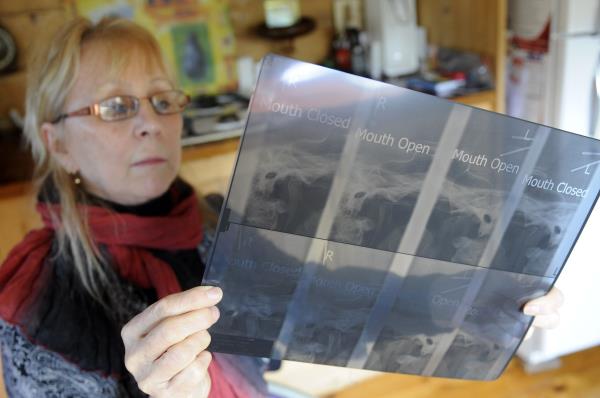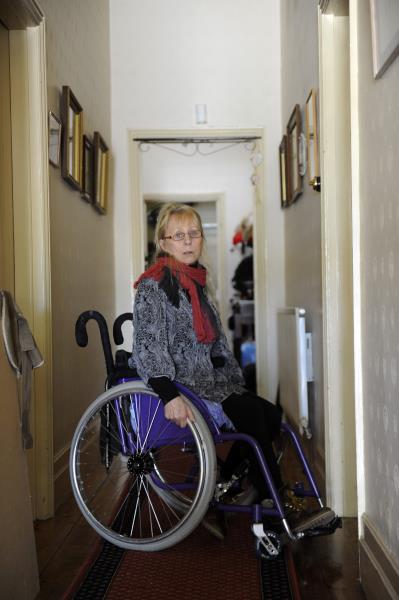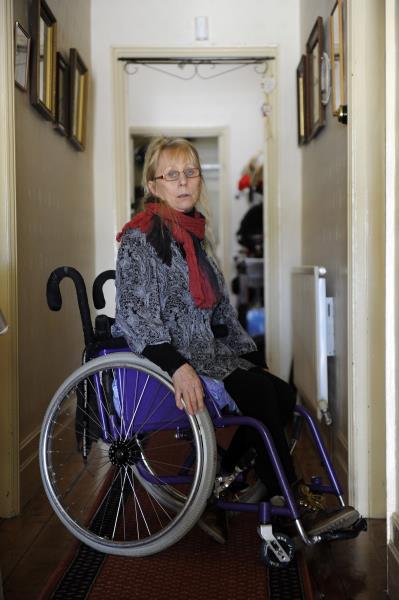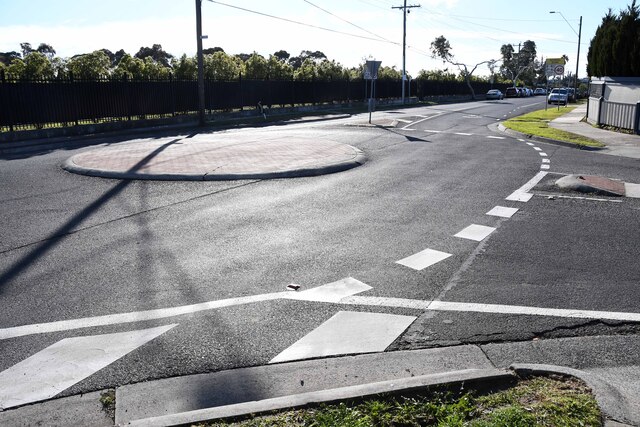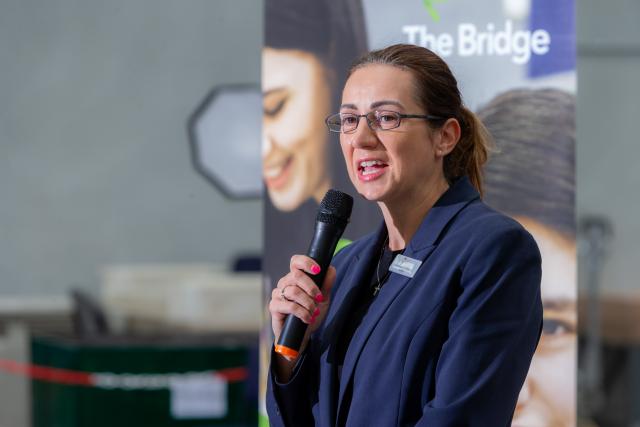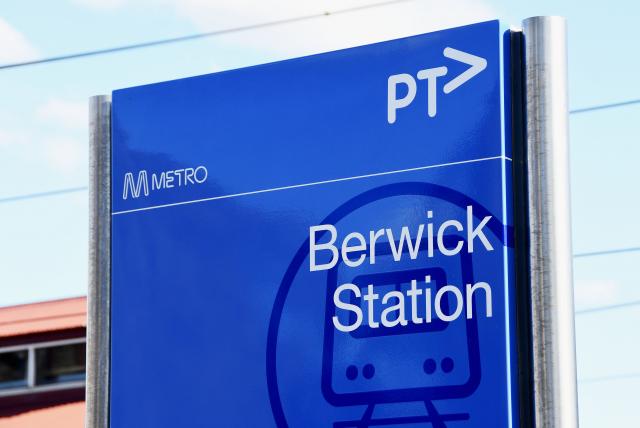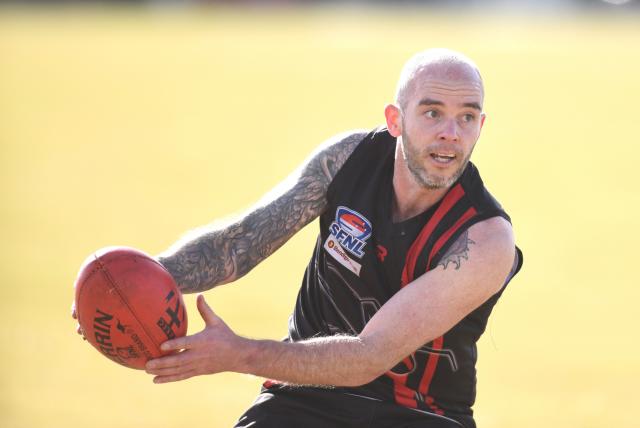By CAM LUCADOU-WELLS
SHARON Harris’s deepest wounds come from the people who should have cared most for her.
Twice her head has been broken during brutal attacks: she has had a “hole” pounded into her skull, her jaw broken with a punch.
“I have lived with violence all my life,” the Dandenong disability advocate and former councillor said.
While growing up, Ms Harris thought the threats and assaults were “normal”.
Women trying to hide their black eyes under make-up were told they “probably deserved it”.
She broke her leg after being goaded to jump off a roof, was locked for hours in pitch-darkness, hung from clotheslines, had knives thrown at her and been verbally, physically and sexually assaulted.
At nine years old she was pinned to a door by a dart fired from a spear gun at point-blank range.
“I would be walking home after school praying… ‘you must have a better life for me’.”
As an adult, she has been belted and belittled by others and propositioned for sex.
She feels bullies have had a sense they could rule her.
“We become a victim. We’re always a victim until we get help. It piles up,” she said.
She is one of 20 women interviewed for a recent landmark report Voices Against Violence – a two-year collaboration of Women With Disabilities Victoria, Office of the Public Advocate and Domestic Violence Resource Centre.
The report found “high levels of family and sexual violence” against women with disabilities – twice as high as for women without disabilities.
In the main, the women were each abused by several male perpetrators, including their partners and carers.
Women with disabilities are targeted partly because of stereotypes categorising them as “submissive, easily controlled or deserving of abuse”, the report found.
“Women’s physical disabilities were used by perpetrators to limit their means of escape, and to humiliate and manipulate them.”
Many feared seeking help due to believing their children would be removed, they would have nowhere to live or wouldn’t be believed.
“(Their stories) illustrate the profound failure of the service system that is responsible for upholding justice, for supporting people with a disability, and for assisting women to safety when they experience violence.”
Ms Harris said more affordable resources – such as counselling and crisis housing – were needed.
She was fortunate to have the help of two “old-fashioned” counsellors, one who told her “these things can’t be fixed in six visits”. Ms Harris visited the counsellors for five years.
“Even though I stand tall, it still affects me. Sad to say, I feel more victimised than ever because I’m in a wheelchair.
“When… a female disability leader had me wait over an hour for a toilet key, or waiting in the rain longer for a taxi after being told one is waiting outside… I think what makes you think you have the right to cross my boundaries?”
Ms Harris said people with disabilities are wider victims of an institutionalised violence – a system that makes it hard for her and others with disabilities to join activities, afford medications, shelter and heating, or to wheel her chair easily through shops or the streets.
She learnt the hard way that she must speak up – for who she calls the marginalised.
Her advice for others is to get help – their first stop should be asking their GP for a referral to a counsellor or calling the South Eastern Centre Against Sexual Assault (SECASA), Lifeline or Relationships Australia.
“You can’t do it alone. Gain support and claim victory no matter how small.”

